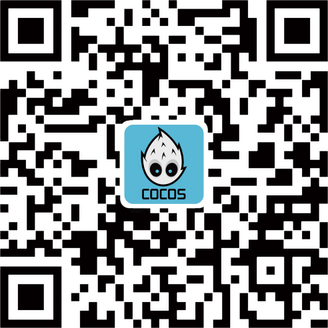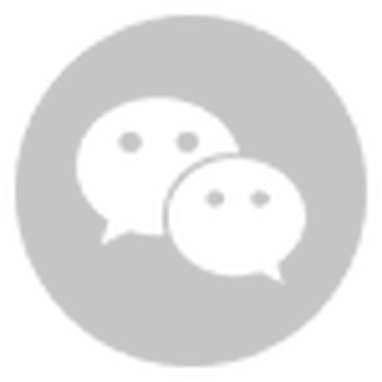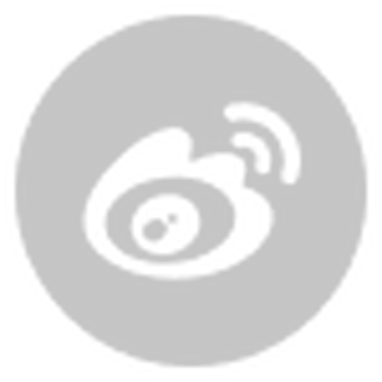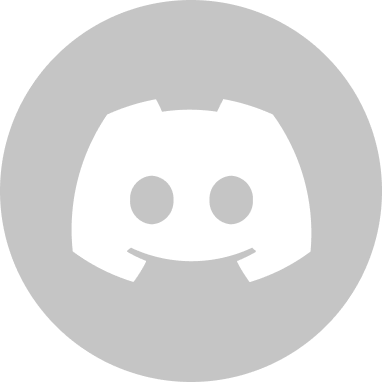Every game starts with an idea. Coming up with an original idea for your next game is one of the most significant early steps you'll take when making a new game. Ideas about how this game would be cool if it had this, or what if I couldn't do this, but had to do that, and what if it wasn't in this world, but another, are all questions game developers might have when they decide to build their next game. We all have ideas on what would make a great game, but preparation is probably the first hurdle towards excellence.
When you prepare, you can set yourself up for success by having all of the most challenging questions answered on Day 1, or at least have a plan ready to help you with your roadmap. We know the excitement of game creation makes you want to start headfirst into the art and programming, but it's also essential to build your foundational work, so your pocketbook doesn't shrink too much, and your anxiety levels shoot through the roof when you're just 50% done with the game.
Saying all of this, we wanted to share with you five things we think you need to think about before you start building that game you of your dreams.
Who is working with you?
This is a big question since there were many great games built by a single developer like Stardew Valley, games built with over 1,000 people working on it like Grand Theft Auto V, and even developers who work alone but receive help through hired contractors that built the music, art, or programming along with them. You need to know whom you can trust (and pay) when you start building your game.
So you need to figure out who will fit these roles and how they will be managed. With lighter HTML5 games you can build on Cocos Creator, you can get away with being by yourself and either purchasing your assets or making them on your own. But try not to overburden yourself with too many jobs.
It's important, however, to know you will need many people to help you out. This includes:
- Animator: In charge of your animation (ex. Walk, run, attack, etc.)
- Lead Programmer: In charge of most of the code needed in the background of your game
- Game Designer: Visionary of the group as well as mold the way a player sees and plays the game.
- Audio Designer: Builds the background music as well as sound effects for everything.
- Artist: Builds all the game and promotional art for your game.
- Project Manager: Makes plans and goals for the work as well as talks business with those in the industry.
Ask Gamedev has an excellent video talking about all of these people, including their roles and a few more used in game development.
Who is your audience?
This is a big question many game developers may miss as the excitement for your project will slow as you grind forward. Who is going to like your game? It's the same question asked by every aspect of the entertainment industry. Is this a game for men, women, kids, adults, western gamers, eastern gamers?
Writing up a basic idea of who is going to love this game as well as the marketability is very important. Taking a risk without research on what they are playing today, what is hot currently or in the future, and what would get them to play your game helps build great games today and helps market them in the future.
It's also essential to find the key aspects of the game people will love and take advantage of them. Find the key strengths in your game, and your team will most likely find, with some compromise, even more ways to make your game fun for people.
Also, be flexible with your choices. Some games that were built for adults found something even more fun inside the game that they reshaped into a whole new game for kids, making two fun games out of one original idea.
How much time do you have?
This is a big question as not every game built today is made in a day, a week, a month, or even Duke Nukem Forever time. Planning out the time it will take to make a game and sticking to it will force you to make a lot of big decisions about if you want to add different items to your game like new levels or new gameplay that will make sure you move on to the next big game before it becomes your fools' errand.
It's important you study this a lot as more recently, you hear of issues with time "crunches" to get back on time, mental fatigue of your team members, and stress from gamers waiting to play your game. This also will hurt you in how much money you can give to your team and how much you can pay back into the company for the next game.
Jake Birkett, an indie developer from Grey Alien Games, had a fantastic video talking about the subject that is a must for anyone wanting to know why speedy development might be better than developing to perfection.
How Much Money Will It Take?
This is for whoever takes on the project manager work for your game and will be a primary focus for most of the project. With indie development teams in college, the costs might only be in the range of free to a large pizza and soda for a day of work. But when you head to the larger projects, most artists, writers, musicians, and developers are going to be asking for money for their work, making the budget for these games is very important.
With every company, making budgets is a drag. But it's as important as anything else done inside the building. So it's best to set yourself up with the expectations of time, the cost of all the expenses to make that game, and add a buffer of money for unexplained budget issues.
This buffer is always important as the costs of anything can jump due to issues with the quality of work, an increase in the difficulty of some development goals, and other expenses you may have forgotten.
Finding examples of how much money you need is very hard, but Nathan Lovato of GameAnalytics has a great article on how to budget your indie game, including the prices that you could expect from each game
Also, don't forget to look into talking to those in the game industry and local governments for bonus money for your game, discounts, and great recommendations. There are lots of great stories and advice given to developers who go to the industry at parties that they would never find in a book or website. So talking with and meeting others is a great way to find more opportunities to get the money needed for your game.
How do I know my game is fun?
Prototyping is key to finding what makes your game fun and share the excitement of the gameplay for your team. Paper prototypes are great because you can imagine where things will be, find where the UI should be, how you progress in the game and help give you direction on the rules and structure of the game. For some companies, this could last weeks. It's such an important tool in game design that one of the first lessons students at Carnegie Melon are given is to start with creating the game on paper, then use the experience in this stage to later lead to actual gameplay.
After you have your game prototyped with paper, it's time to functionally prototype your games to see if others enjoy the gameplay and experiment with basic concepts you want to build off of. This is where a game engine is vital. While you don't have to build an entire game (just build some simple assets), you need to have them working together very quickly. This speedy prototyping needs to be smart as well so you can find these issues very fast, or where the pain points are for the average gamer or QA tester. Learning where they are and if they are solvable is where the magic of great games come from.
This is where Cocos Creator shines, with how easy and quickly you can add to your game thanks to the ease of use that comes with our software, allowing both the artists and animators to work on their creations while the programmers work on the code for games at the same time.
Component development inside Cocos Creator helps to connect your assets quickly, and with our WYSIWYG editor, you can see how they will work together in our preview window. We can also set up the coding quickly thanks to the speed that comes with TypeScript allowing you to write your code and get it out on HTML5 to play and share with your friends and get the feedback you need.








